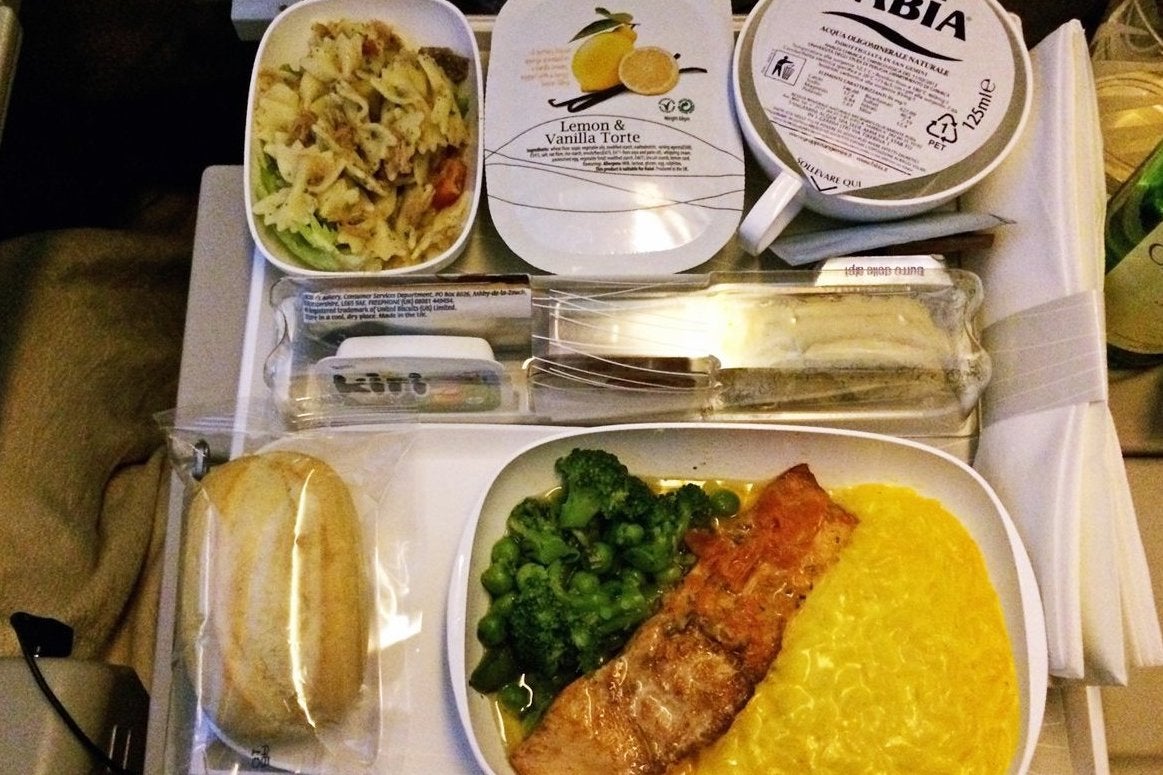More than one million inflight meals saved from bin and used to feed vulnerable families
Food to be distributed to disadvantaged people across Manchester

Your support helps us to tell the story
From reproductive rights to climate change to Big Tech, The Independent is on the ground when the story is developing. Whether it's investigating the financials of Elon Musk's pro-Trump PAC or producing our latest documentary, 'The A Word', which shines a light on the American women fighting for reproductive rights, we know how important it is to parse out the facts from the messaging.
At such a critical moment in US history, we need reporters on the ground. Your donation allows us to keep sending journalists to speak to both sides of the story.
The Independent is trusted by Americans across the entire political spectrum. And unlike many other quality news outlets, we choose not to lock Americans out of our reporting and analysis with paywalls. We believe quality journalism should be available to everyone, paid for by those who can afford it.
Your support makes all the difference.More than one million inflight meals have been rescued from the bin and distributed to people in need.
Social enterprise Open Kitchen Manchester took the 1.1 million frozen meals, which were sitting in a warehouse at Manchester Airport, to give out to those badly affected by the Covid-19 pandemic.
This included homeless people, families living in poverty and those who fall into the vulnerable category of people most at risk from the virus.
Open Kitchen has been working with local businesses for the last six years to save food destined for landfill.
The organisation’s usual MO is to use that produce for its catering company, which cooks up food for corporate and social events, with any profits used to subsidise community projects with vulnerable people.
However, like many hospitality businesses, Open Kitchen has had to adapt under lockdown.
“Food waste started to go through the roof and the number of people who needed our help rocketed,” founder Corin Bell tells euronews. “So the team decided to pitch in and just start cooking.
“Four weeks in and we’re producing 11,000 meals a week to support vulnerable people.”
Repurposing the airlines meals was a bigger task than they’re used to, and required the help of a local logistics company who loaned an industrial-size freezer for the job.
In the UK alone, more than 10 per cent of carbon emissions come from “perfectly edible food going to waste,” says Bell.
She warns against inexperienced people repurposing food, however, even if they are trying to help.
“If food waste isn’t handled safely by people with commercial food handling or prep experience, it could put an already-vulnerable person at risk of food poisoning,” she says.
Bell advises supporting existing local food waste projects instead.
During the coronavirus pandemic The Independent has partnered with The Felix Project for its Help The Hungry appeal.
The campaign, which launched on Friday 27 March, has raised more than £3m in a month for The Felix Project, the biggest supplier of free food in London.
The project has been operating 12 hours a day, six days a week, distributing surplus food to giant community hubs, including Tottenham Hotspur Stadium in Haringey, as well as to 80 charities and schools across the capital.
Join our commenting forum
Join thought-provoking conversations, follow other Independent readers and see their replies
Comments